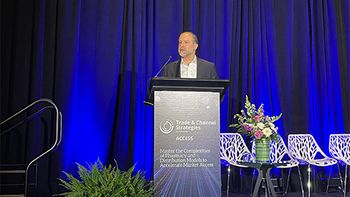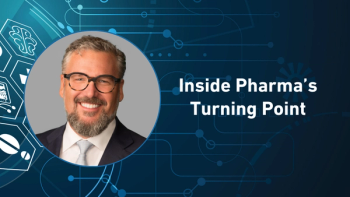
Molecular tagging of oral solids offers drug authentication
Colorcon will partner with Applied DNA Sciences for pill-coating taggants
In parallel with the global pharma industry’s efforts to secure supply chains through track-and-trace technologies, some manufacturers have been using a variety of complementary techniques to provide security and identify counterfeits, and in some cases even to provide an on-the-pill tracking technique. Now, a company that has had success in taggants in other applications, Applied DNA Sciences, is linking up with Colorcon, a leading supplier of coatings, colorants and other surface treatments for oral solids.
According to the companies, Colorcon has acquired exclusive worldwide rights to applying Applied DNA’s SigNature molecular tags to pharmaceutical and nutraceutical oral solids, as well as a nonexclusive license to provide inks and coatings for oral solids. The agreement includes milestone payments to Applied DNA—which implies significant confidence by Colorcon that pharma companies will make use of the technology. The month prior, Applied DNA signed a similar agreement with ACG, a manufacturer of capsules and packaging for healthcare products.
"Our teams are already actively engaged in discussions with potential customers," stated Kelly Boyer, GM of the Film Coatings Business Unit for Colorcon. "Applied DNA's SigNature molecular tags and authentication technologies provide value-addition at a time when regulators are demanding that the industry implement serialization in order to track packaging. The collaboration goes a significant step further by enabling traceability at the level of single unit, solid oral doses, and it is complementary to the provisions of the Drug Supply Chain Security Act."
Over several years, Applied DNA has commercialized its technology, based on DNA customization and volume production, for applications ranging from authenticating microelectronic parts for the US Dept. of Defense, to raw or processed cotton for textiles. The company has built out the authentication platform with in-field optical screening of the tags, plus a data collection network for audits, quality checks and the like. Such taggants, in pharmaceutical applications, have GRAS (“generally regarded as safe”) excipient status (although Applied DNA’s website does not make mention of GRAS). Going back to the early days of drug authentication in the early 2000s, various techniques such as laser ablation, microscopic color-coded tags or other techniques have been offered, but acceptance has been limited.
Newsletter
Stay ahead in the life sciences industry with Pharmaceutical Commerce, the latest news, trends, and strategies in drug distribution, commercialization, and market access.





